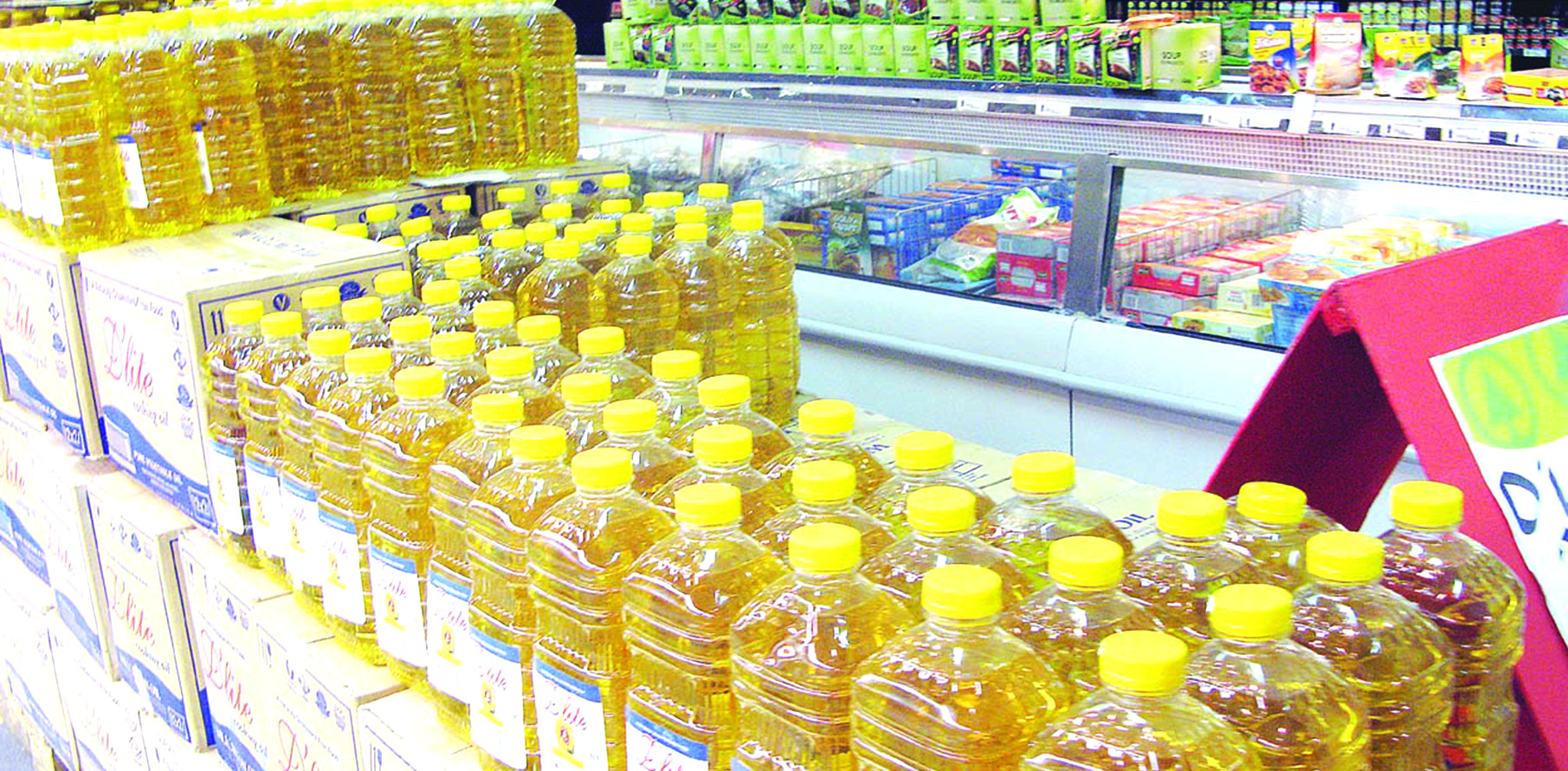
The Sunday Mail

Dumisani Nsingo
Senior Business Reporter
The viability of Zimbabwe’s edible oil industry is under threat due to a myriad of challenges, chiefy among them, the recurrent shortage of strategic raw materials and an influx of cheap imported substitutes, according to Oil Expressers’ Association of Zimbabwe (OEAZ) chairperson Mr Busisa Moyo.
Mr Moyo said the country was left with about two months stocks of soyabean for the production of cooking oil and other related products following a subdued harvest in the 2018-19 farming season.
Soyabean is a critical crop, which makes up 54 percent of the global oilseed market and is used in the production of cooking oil, stockfeed, butter and soap.
“The sector is facing low soya production and there was small decline in soyabean output between 2018 and 2019 harvest of 1,5 percent. We only have one to two months of locally produced soya being processed. The other 10 months — we will have to import soyabean and crude oil from the region and beyond,” said Mr Moyo.
The country needs about 300 000 tonnes of soyabean annually, but only about 70 000 tonnes were harvested. Mr Moyo said a myriad of challenges were militating against the country’s prospects of attaining optimum yields.
“We are faced with unstable macro-economic environment, which doesn’t allow for minimum producer price setting at pre-planting season stage, lack of adequate and appropriately priced financial support, irrigation and mechanisation and poor farming methods, which need updating and training,” he said. Zimbabwe has been failing to meet its cooking oil demand due to low production of oilseeds.
Mr Moyo said the industry was operating at around 20 percent capacity, further stating that although the banking sector was supporting it through letters of credit, the financing model was insufficient.
“The banking sector is supporting the edible oil industry largely through letters of credit, but at 30 to 35 percent capacity . . . on crushing, refining and soap manufacturing, the sector is still constrained,” he said.
The industry requires US$20 million letters of credit, but the Reserve Bank has over the past few years failed to meet this demand. Currently, the country spends about US$250 million on crude oil and soyabean imports annually.
Mr Moyo said demand for local products had fallen by almost 60 percent largely due to consumers’ low disposable incomes.
“Demand has fallen by 50-60 percent due to low incomes, oil expressers have more than adequate machinery capacity to meet current demand and export.
“Our members are still extending credit to the retail trade unlike smuggled oil which is sold for cash upfront. Our transactions are compliant with various taxes which contribute to the fiscus including Pay As You Earn (PAYE) and corporate taxes as well as input Value Added Tax (VAT),” he said.
He said the influx of cheap goods smuggled into the country had also impacted negatively to the subdued demand for local products.
“The local market is now flooded with smuggled oil, which is not compliant with our vitamin fortification rules, not subjected to pre-shipment inspections, is sold exclusively for cash and foreign currency (avoiding the two percent Intermediated Money Transaction Tax).
“ On the other hand, members are supporting local farmers by paying above import parity on local soyabeans. The oilseed value chain is now under threat,” said Mr Moyo.
The country’s cooking oil is fortified with Vitamin A. Fortification entails adding minute levels of vitamins and minerals to foods during processing to increase micro-nutrient intake.
OEAZ incorporates all oilseed crushers, expressers, refiners and soap making companies. The country’s edible oil producers are Chiseller, Pure Oil Industries, Surface Investments, United Refineries Limited, Olivine Industries, Wilmar Oils International and Willowton and Mount Meru.



